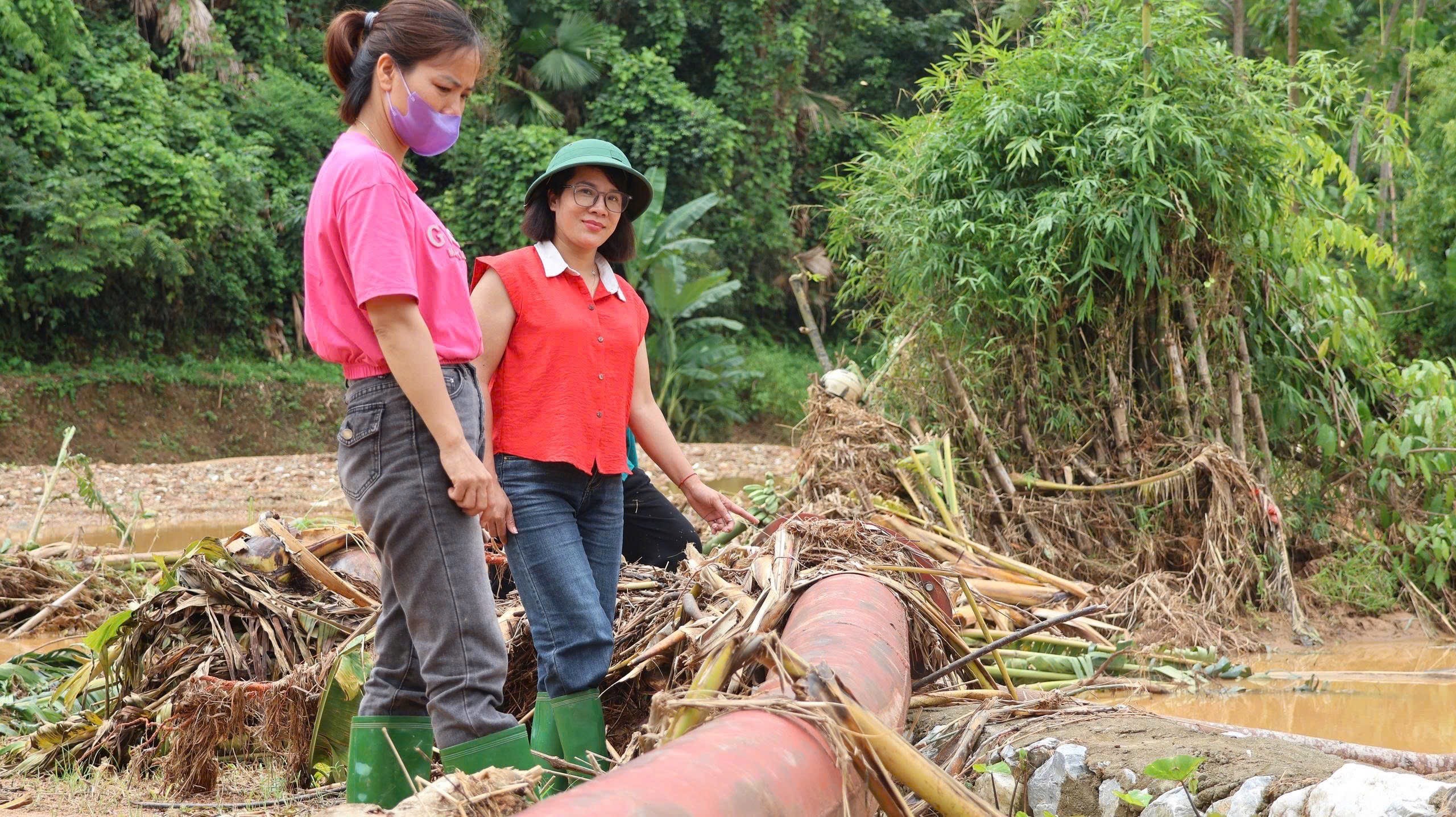
In the rice fields of Muong Lai commune, the rice fields are gradually drying up under the sun after the rain. The Tu Hieu inter-lake irrigation project, which provides irrigation water for nearly 250 hectares of rice and aquaculture areas of the commune, is no longer able to irrigate. Due to the collapse of the main canal system with 45 bridges, gutters, and culverts, many sections were swept away by floodwaters and buried by rocks and soil.
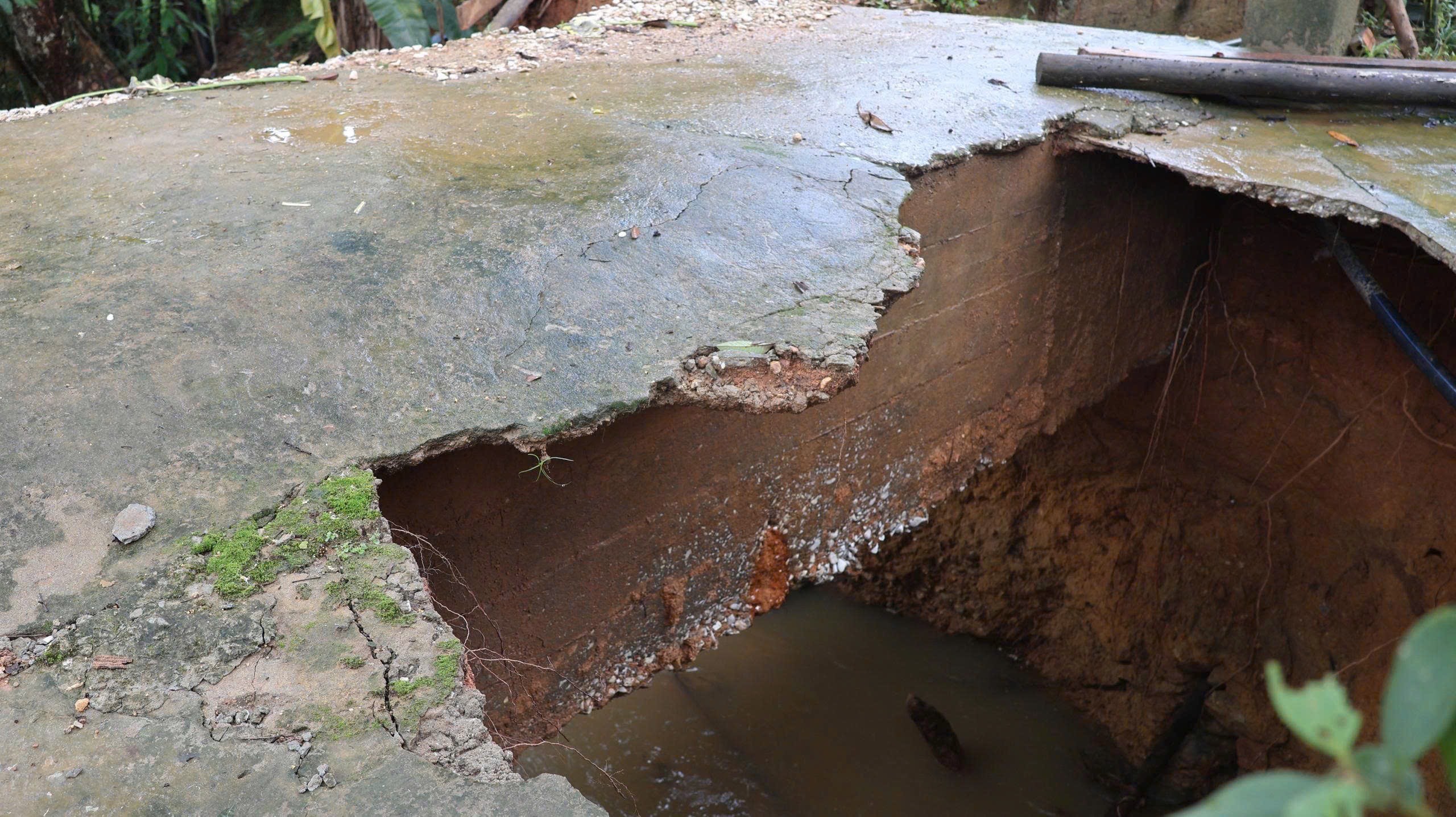
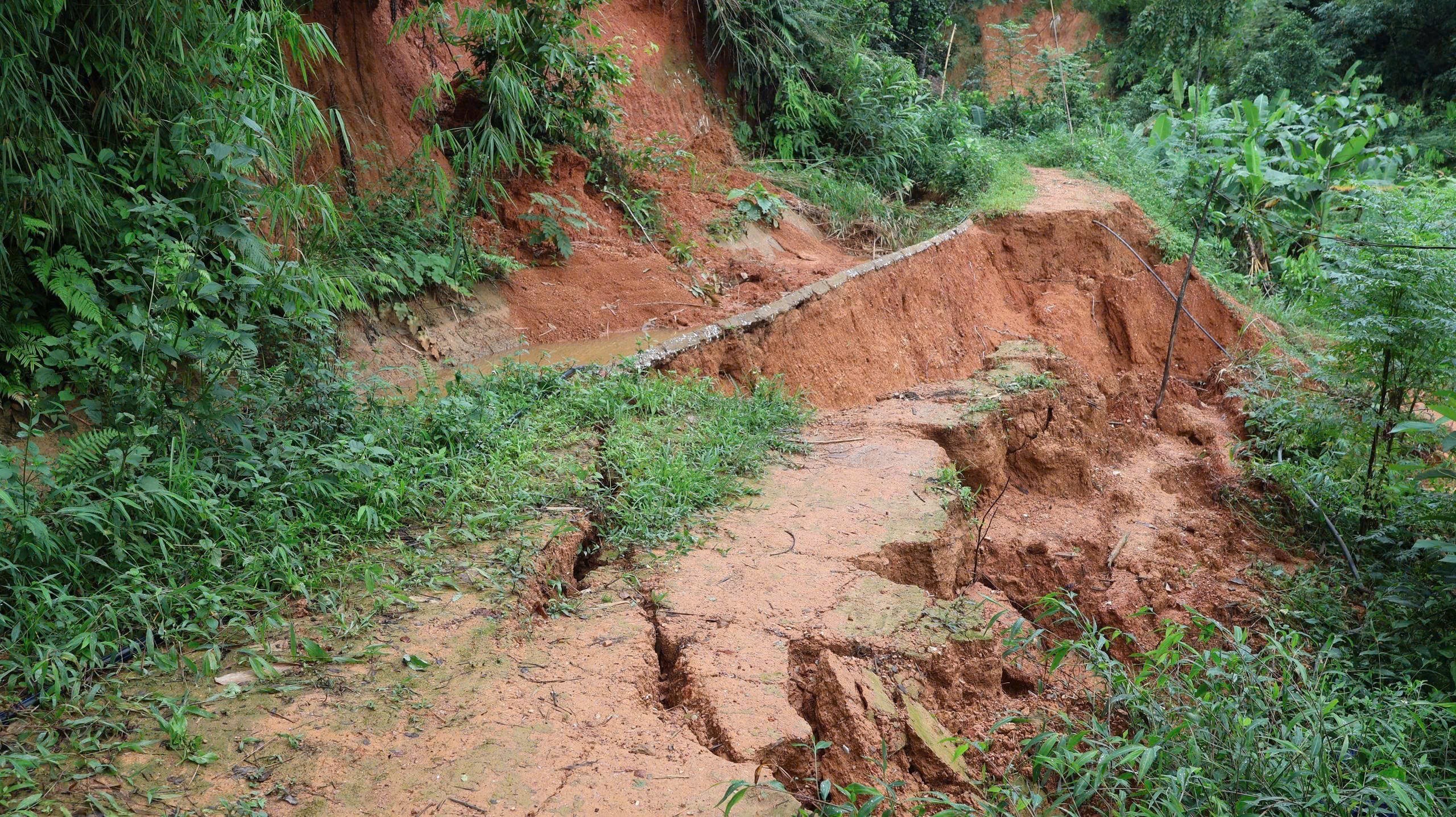
Ms. Tran Thi Phong, a resident of Village 2, Muong Lai Commune, said: “The floodwaters came at night, and in the morning the troughs were gone. The canals were broken in sections, and the ditches were full of dirt. Without water, the rice roots were drying up day by day.”
Not only in Muong Lai commune, in Luc Yen commune, Lang At lake project was also seriously damaged. The canal line of more than 12km long currently has more than 30 landslides on the positive slope, burying the canal; many landslides on the negative slope pose a potential risk of collapse at any time.
"Unable to lead water, nearly 40 hectares of rice in this area are at risk of being completely lost," said a local agricultural official.
The Khuoi Dang irrigation project in Luc Yen commune, which supplies water for over 5 hectares of rice, was also buried by rocks and soil, and a 33-meter-long water pipe was completely washed away. Three concrete support pillars for the aqueduct collapsed, causing the entire main canal to lose its ability to operate.
While the floods were still complicated, Tan Phu Company Limited, the unit assigned to manage and operate the irrigation system in the communes of the old Luc Yen district, urgently deployed a response plan. Technical forces and workers from branches were mobilized to strengthen and closely coordinate with local authorities and people to repair and reinforce dozens of weak points on the canals, dams, and bridges that were severely damaged.
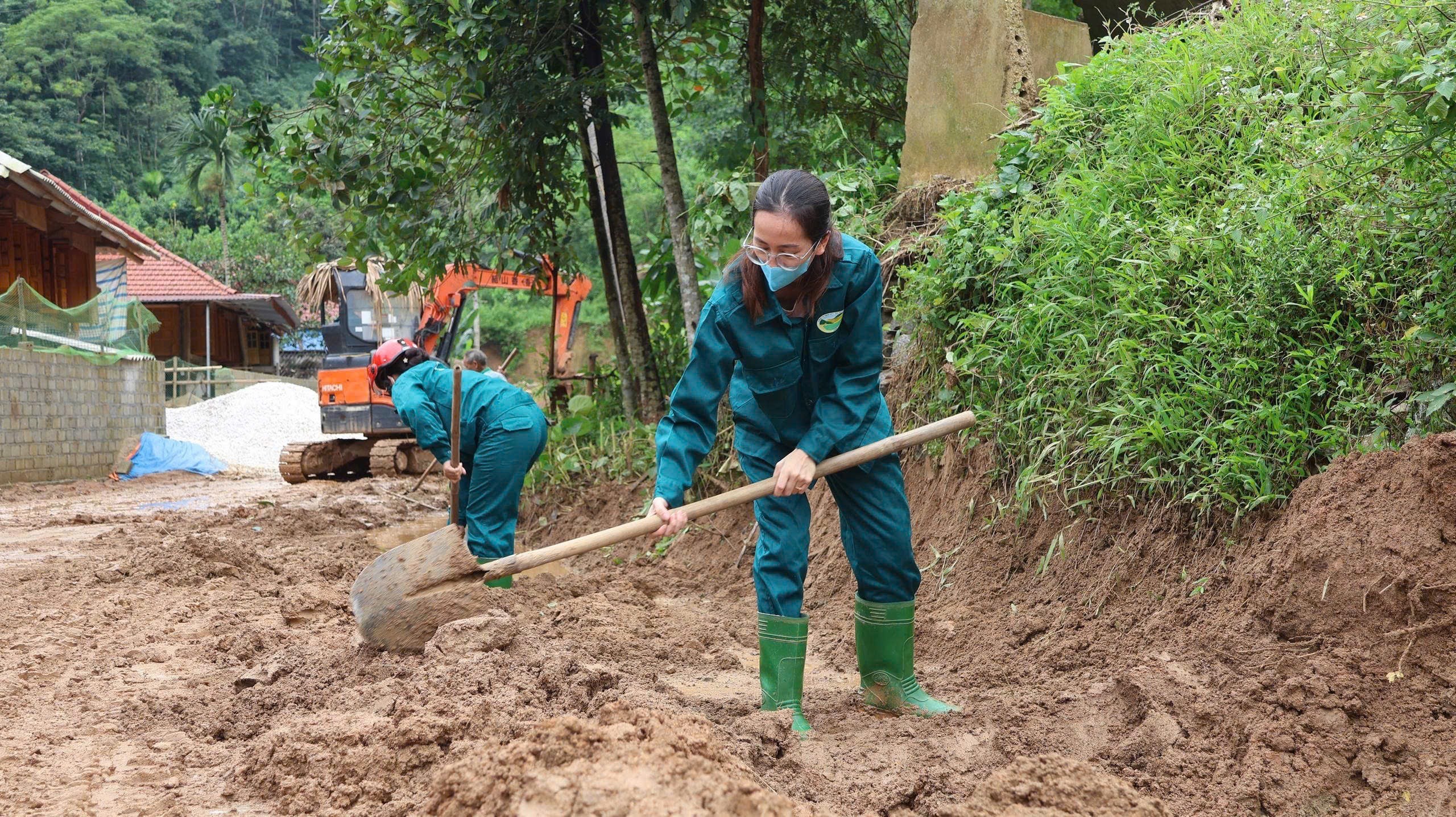
Ms. Vu Thi Linh - technical officer of Binh Luc Branch, Tan Phu Company Limited said: "We work even on rainy days, taking advantage of the rare sunny hours to speed up the progress. The top priority is to clear the canal sections buried by rocks and soil, rebuild the bridge gutters, and replace important water pipes to bring water to the fields soon, helping people sow and plant rice in time this July."
In the race against time to restore the “lifeblood” of agricultural production, Tan Phu Company Limited mobilized its maximum force, organizing three construction teams to work 24/7 at key locations. Construction materials were urgently gathered at the site, each meter of canal, each section of gutter was straightened and cleared in adverse weather conditions, the construction site was covered with mud. Workers wore raincoats, waded through the mud, painstakingly rebuilt each broken section of canal, replaced pipes washed away by water, and planted anti-erosion piles at key locations.
Ms. Bui Thi Thanh Ha - Head of Technical Department of Tan Phu One Member Co., Ltd. said: "The total estimated cost for this emergency repair is more than 3 billion VND, including contributions from businesses through socialization. Although we cannot completely handle all the damage, the urgent goal now is to basically restore irrigation capacity before the peak crop season."
The initiative, flexibility, and high sense of responsibility of the irrigation works management unit not only contribute to ensuring infrastructure safety, but are also prerequisites for people to feel secure in restoring production, overcoming difficulties, and stabilizing their lives after natural disasters.
Not only natural disasters cause damage, a worrying fact is that most of the irrigation works were built many years ago and are seriously degraded. Many canals are not reinforced, the steel bridges are rusty and easily broken by the water. Encroachment on the protection corridor of the works to build houses, dig ponds, and plant trees is still common, hindering the repair and operation process.
Ms. Bui Thi Thanh Ha frankly shared: “Every time it rains, there are landslides, every time it floods, there are breaks. If there is no synchronous investment and solidification of the entire route, every year we will have to “put out fires” after floods.”
Reality shows that to ensure the safety of irrigation works in the face of increasingly extreme climate change, we cannot rely solely on specialized management forces. We need the decisive participation of authorities at all levels in reviewing and re-evaluating the entire system of works, developing a plan for upgrading and solidifying with a roadmap, prioritizing key rice and aquaculture areas. At the same time, we need to strengthen the monitoring of encroachment on irrigation corridors, and propagate to make people more aware of protecting irrigation infrastructure, which is a vital condition for agricultural production.
Source: https://baolaocai.vn/cong-ty-tnhh-mtv-tan-phu-khan-truong-khac-phuc-su-co-thuy-loi-sau-mua-lu-post648023.html


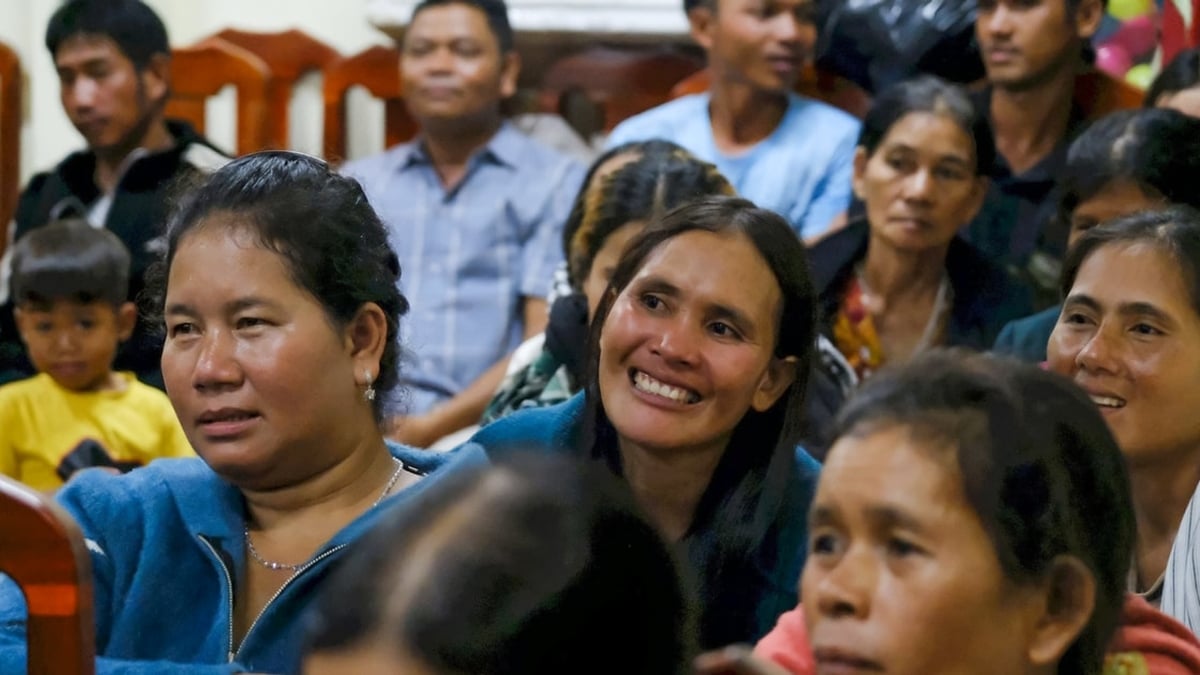
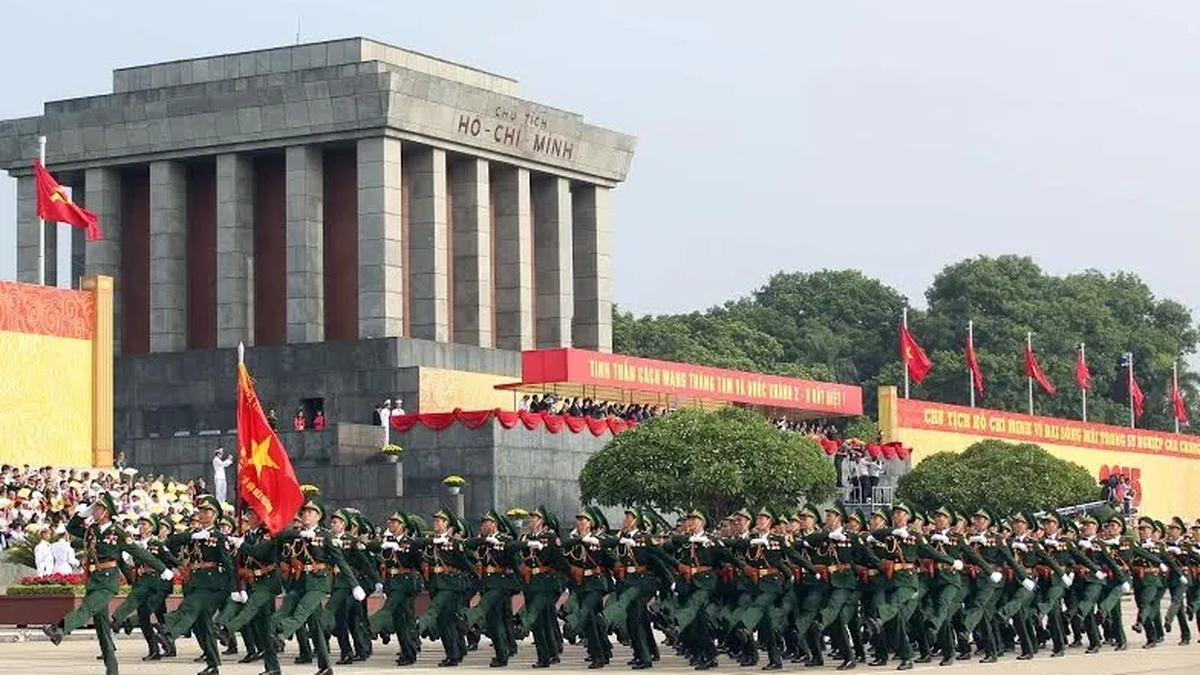

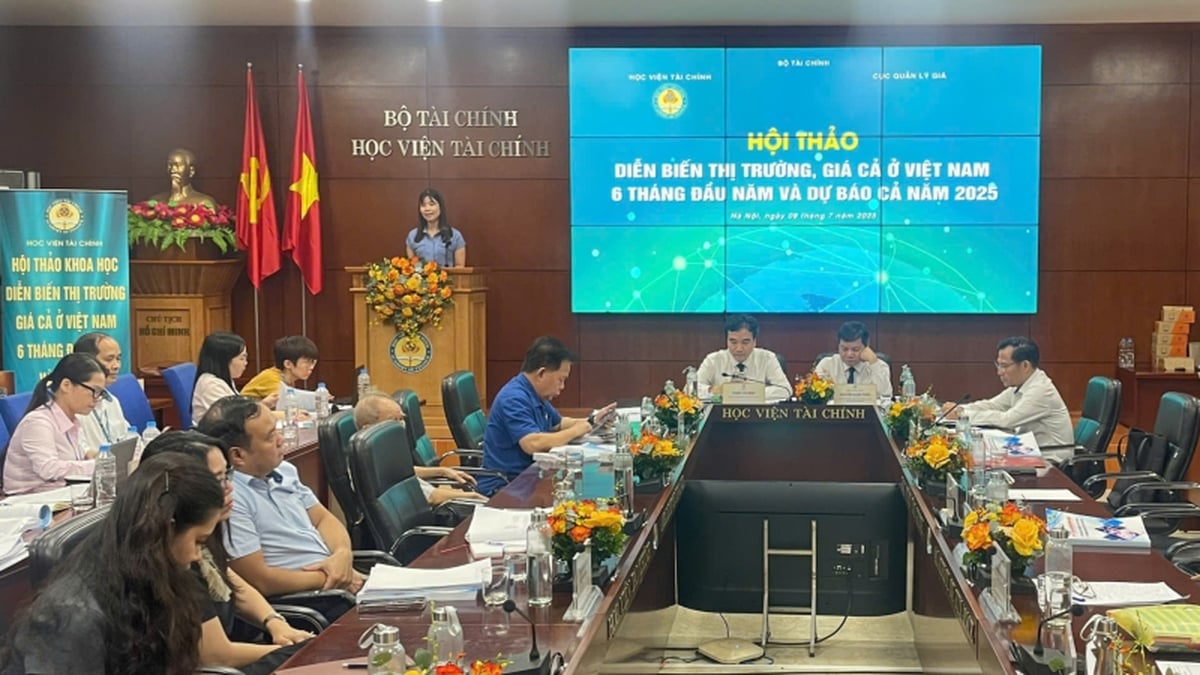

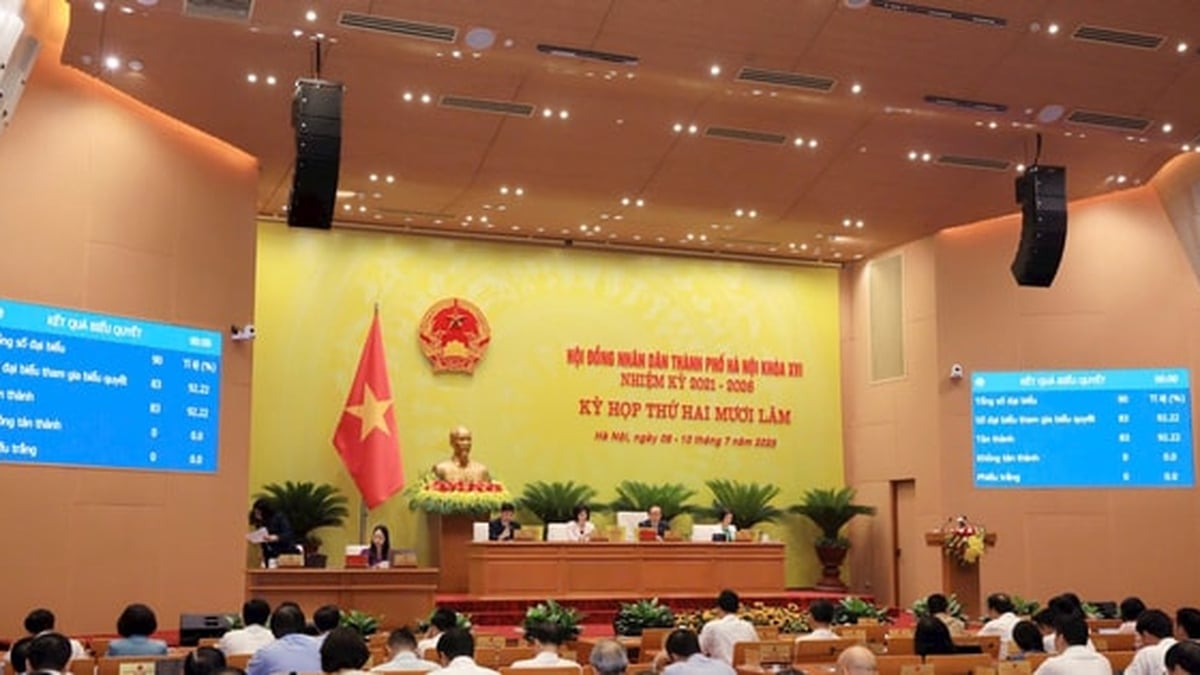


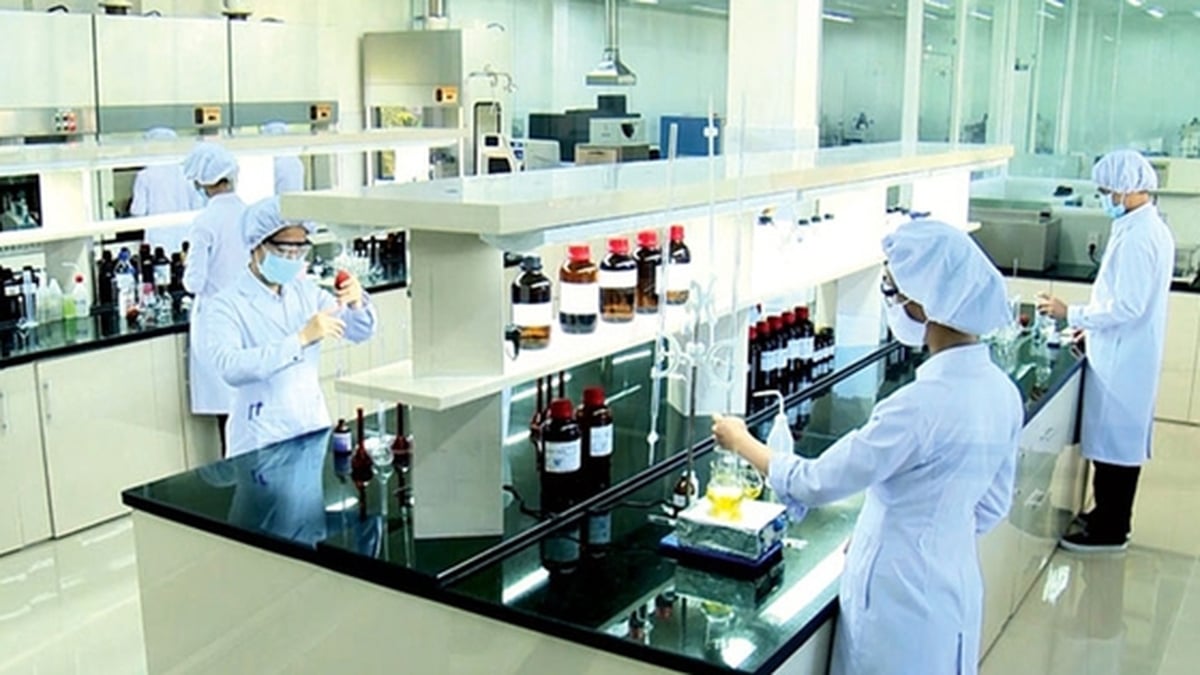
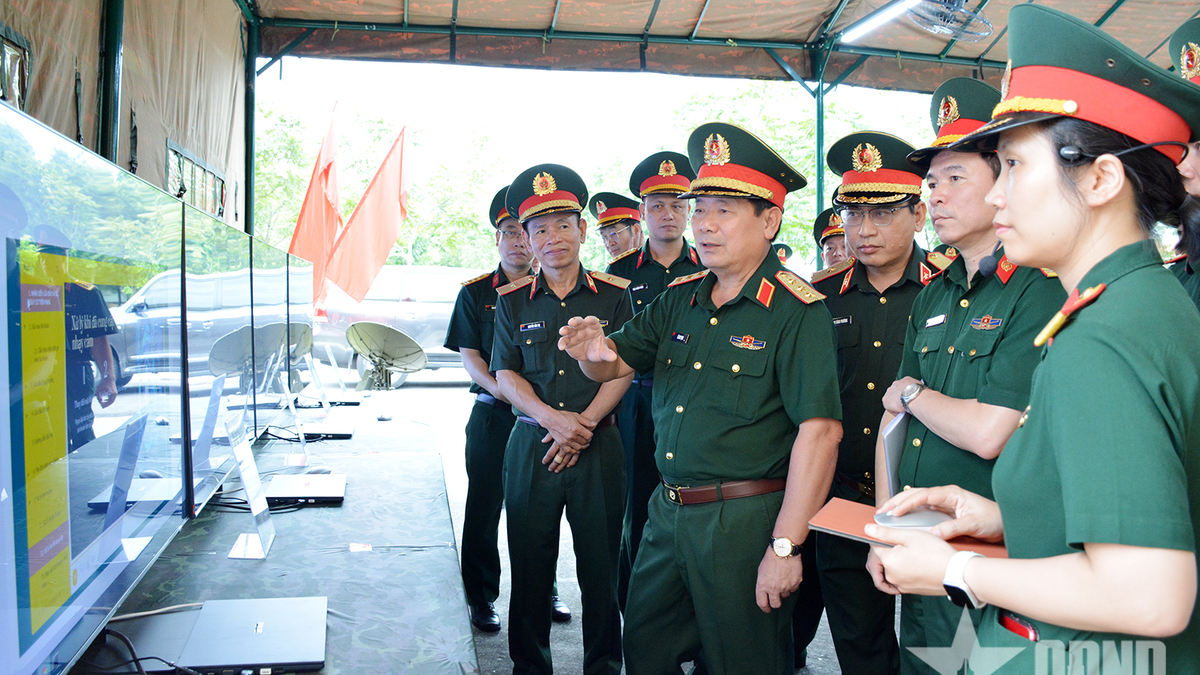















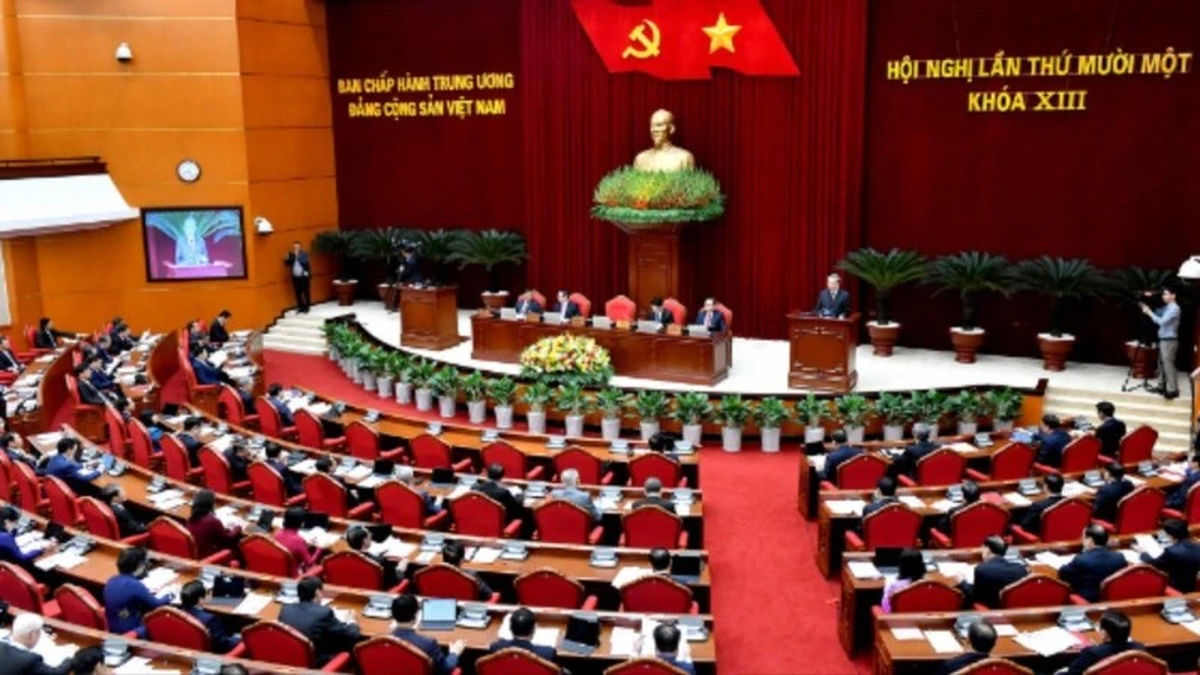



![[Photo] Gia Lai provincial leaders offer flowers at Uncle Ho's Monument with the ethnic groups of the Central Highlands](https://vphoto.vietnam.vn/thumb/1200x675/vietnam/resource/IMAGE/2025/7/9/196438801da24b3cb6158d0501984818)
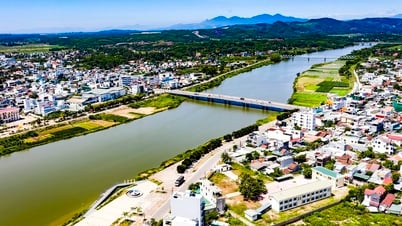

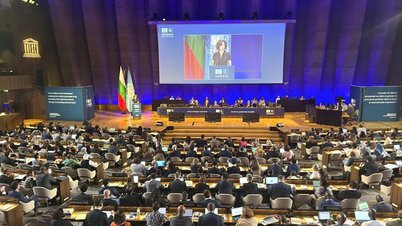



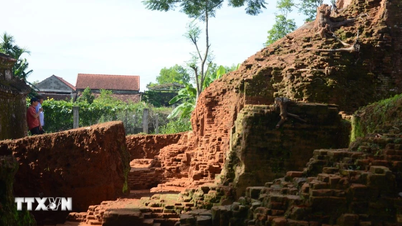























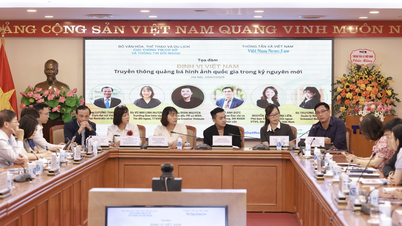







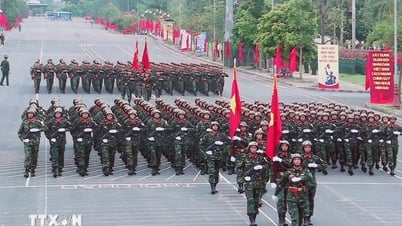
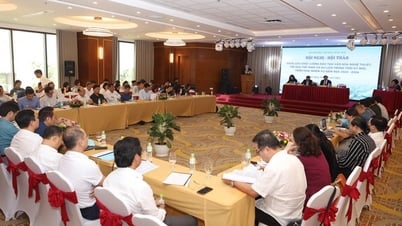



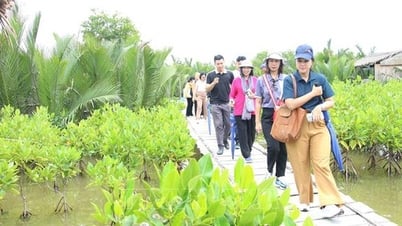
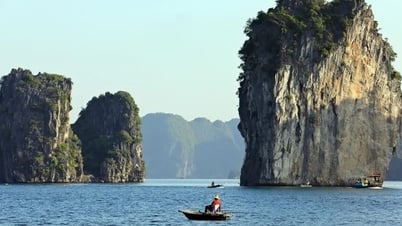
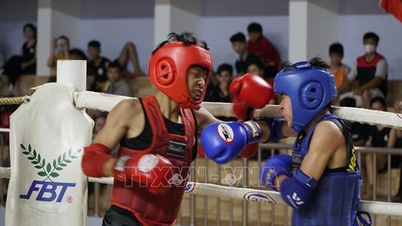








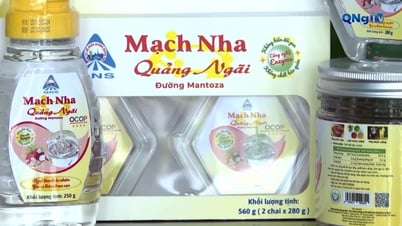





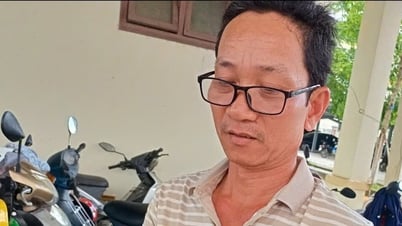



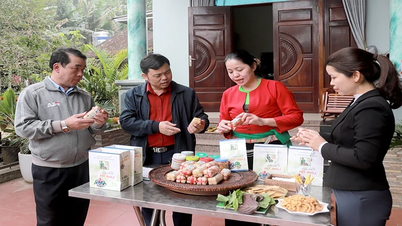




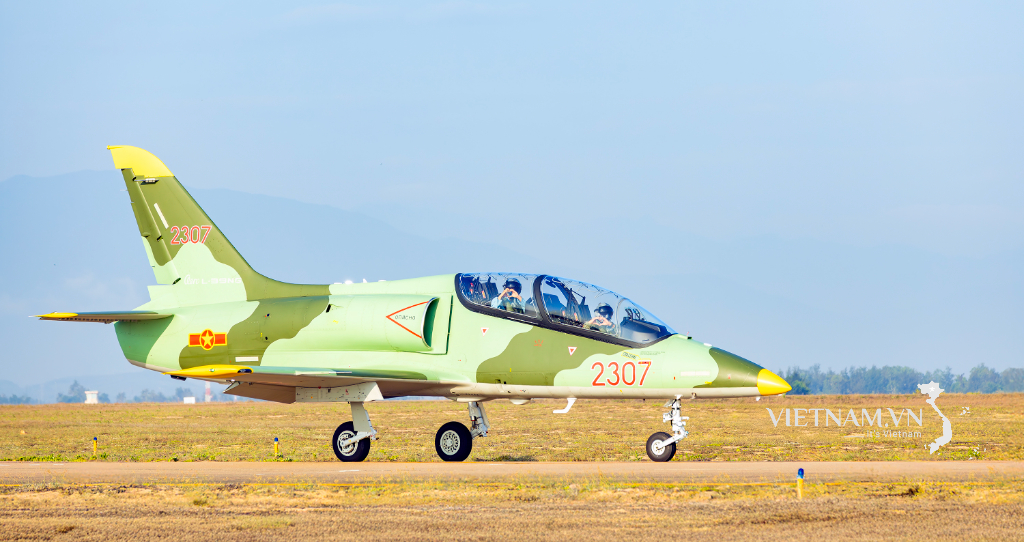
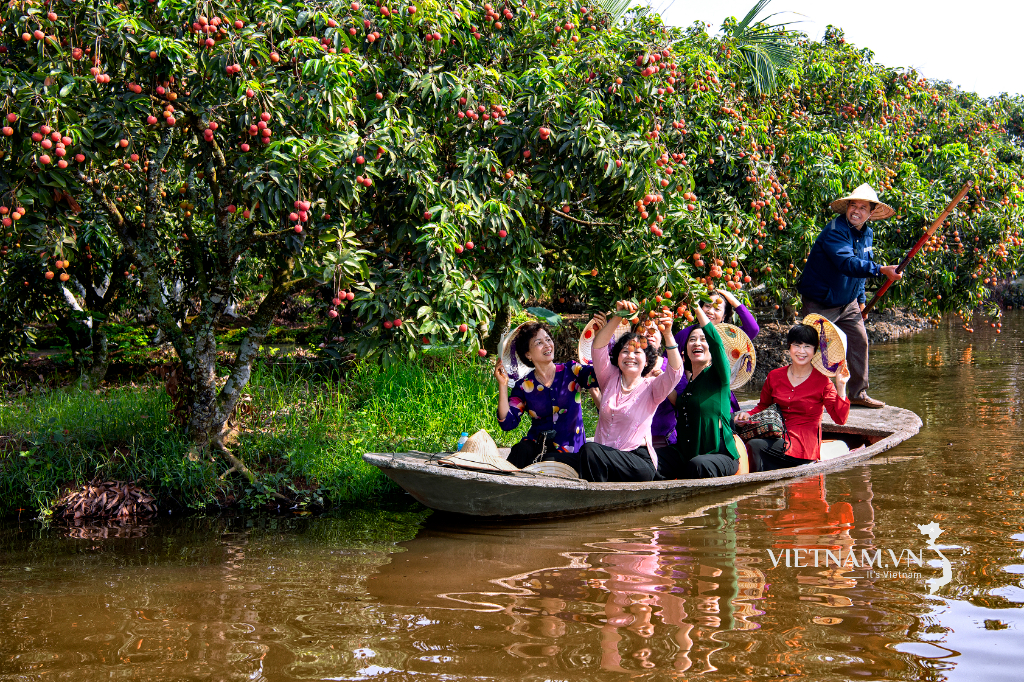
Comment (0)